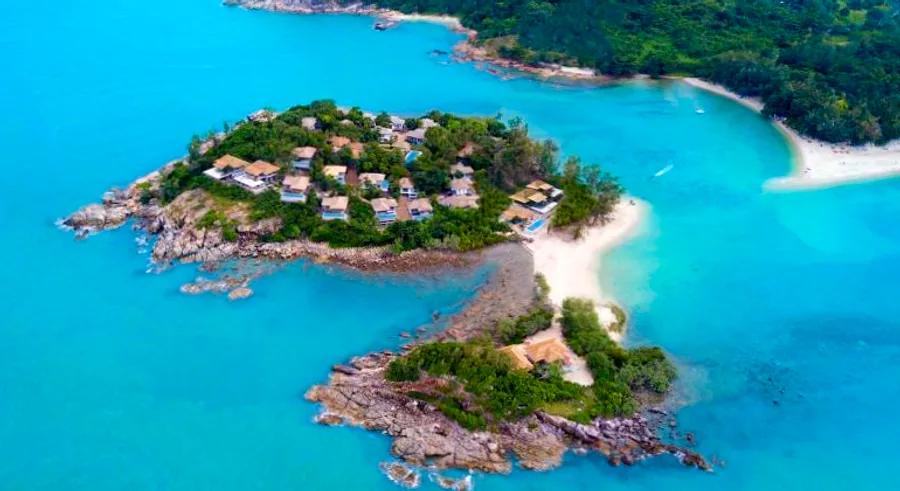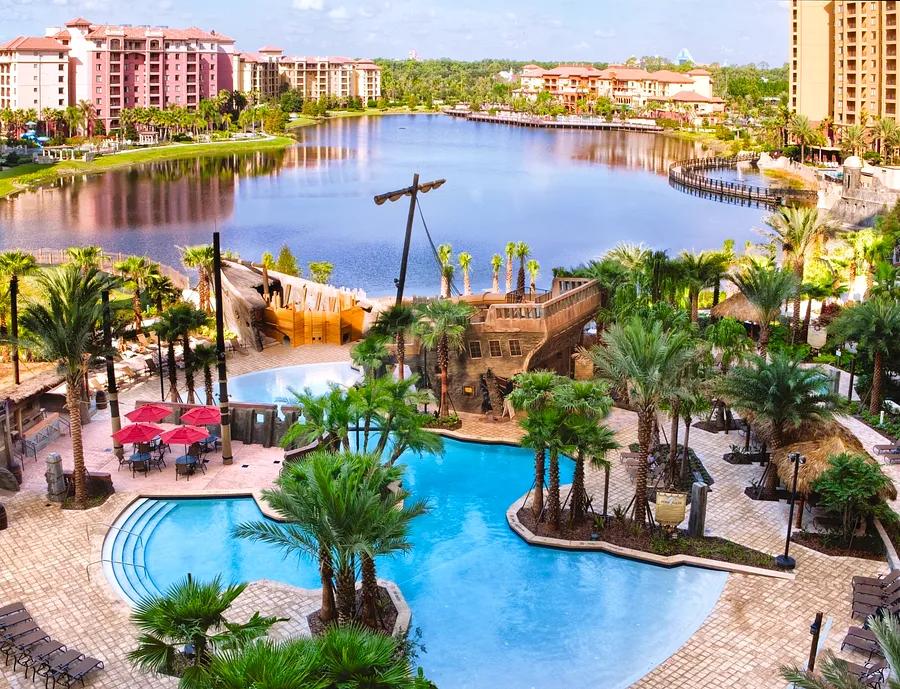Iceland's tourism is bouncing back, but so is the controversial return of whale hunting.

After a four-year break, Iceland's last whaling company, Hvalur hf., will restart its operations this summer, sparking concern among tourism leaders.
The Covid-19 pandemic devastated Iceland's tourism, and the resurgence of whaling is a headache tourism officials would rather avoid.
"It's no secret that the tourism sector feels whaling damages Iceland's reputation as a travel destination," said Jóhannes Þór Skúlason, executive director of the Icelandic Tourist Board. "The foreign media coverage speaks for itself."
"Whaling often gets intense coverage in major outlets," Jóhannes added. "Within the tourism industry, whether through private companies, public surveys, or direct feedback, the impact is clear—whaling affects us the moment it's brought up again."
Representatives from the tourism industry are outraged by the planned whale hunt. Ásberg Jónsson, CEO of Travel Connect, a prominent travel services firm in Reykjavík, stated, "The majority of Icelanders and the tourism sector are opposed to whaling."
"It’s deeply upsetting and frustrating to hear that Hvalur plans to resume hunting these animals in Iceland. It seriously harms our country's image, which has direct consequences for our export and tourism sectors," he added.
With tourism in Iceland grinding to a halt during the peak of the Covid-19 pandemic, the stakes are higher than ever. "As an island nation, travel here is inherently more challenging than visiting neighboring countries," said Sigríður Dögg Guðmundsdóttir, head of Visit Iceland.
Tourism plays a crucial role in Iceland's economy.

While the Covid-19 pandemic caused widespread turmoil, few countries are as reliant on tourism as Iceland. Prior to the pandemic, tourism had become the nation’s largest export.
Data from the Iceland Chamber of Commerce reveals that tourism exports reached their peak in 2017, representing 42% of the country’s total exports.
Following the pandemic, Iceland’s GDP growth took a significant hit. Travel-related industries such as bookings, air transport, lodging, and restaurants saw declines of 50-75% compared to 2019, resulting in a 3.9% contraction in the tourism sector’s contribution to GDP in 2020.
Hvalur’s last whaling season was in 2018, when 146 whales were caught. The whaling season typically runs from June to September, with about 150 workers involved in the whaling operations and processing facilities in west Iceland and near Reykjavík.

Some believe that whaling is an integral part of Icelandic heritage and should be resumed.
"Whaling has deep roots in Icelandic tradition, and I believe that responsible, regulated hunting should be permitted," said a casual worker at the whaling station, speaking on condition of anonymity for job security. "Since Iceland resumed whaling in 2006, only about 125-150 fin whales have been hunted each year, with just eight taken in the first season."
Criticism via email has been widespread.

Many are puzzled by Hvalur’s decision to continue hunting whales, led by CEO Kristján Loftsson, given the environmental impact and the company's struggling finances.
"It's hard to comprehend why they continue this practice, as whale hunting is not only damaging but no longer financially viable," said Ásberg Jónsson of Travel Connect.
Hvalur's CEO, Kristján Loftsson, rejected claims that his business was unprofitable, asserting that it plays an essential role in supporting Iceland's economy.
"Whaling is a viable industry that generates income for workers and export revenue for the country," Loftsson stated.
However, whale watching tours are a more lucrative option, as they remain a popular year-round activity for tourists.
Many in the tourism sector are frustrated by the actions of a single company, especially with expectations for this summer to match pre-Covid tourist numbers. The controversial issue of whale hunting is seen as a setback.
"While we haven’t faced significant cancellations over this issue, we do occasionally receive negative emails," said Ásberg. "We always make it clear that our company does not support whale hunting in any form. Everyone should have the chance to see these magnificent creatures thriving in the wild."
Loftsson, who claims that whale watching companies often struggle to make a profit, insists there is no evidence that whaling negatively affects tourism. In fact, he suggests the recent surge in visitors could be linked to the resumption of whale hunting.
Loftsson maintains that hunting the authorized quota of 161 fin whales will have minimal impact on a population he claims numbers up to 30,000. "There are plenty of fin whales to be seen in their natural habitat," he says.
A final farewell?

The 2022 season may mark the end of Hvalur’s whaling operations, as its current hunting license expires in 2023. Iceland's Minister of Fisheries and Agriculture will decide whether to issue new whaling licenses for 2024 and beyond. With dwindling demand for whale products and minimal economic benefit, the future of whaling in Iceland is uncertain.
"Whaling in Icelandic waters is based on scientific evidence and complies with international regulations," said Sigríður. "Hvalur holds the necessary license to engage in whaling this summer. It is up to the company’s management and owners to decide whether to proceed, while the Icelandic people and government will determine whether future licenses are issued. Over the past three years, only one Minke whale was caught, and no large whales were taken."
All Covid-19 restrictions were lifted in March 2022, and tourism officials are optimistic for a strong summer season.
"Tourism in Iceland is recovering well," said Sigríður. "Our projections show that numbers will nearly return to normal this summer, with a full recovery expected next year."

1

2

3

4

5
Evaluation :
5/5